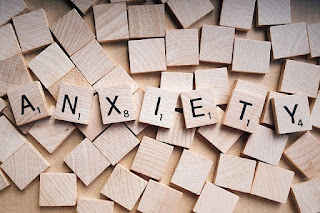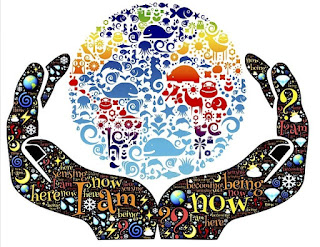One of the hardest things to come to terms with is that not all parents love their kids.
We know this is true because of hard facts. Here is one:
In 2016, there were 10.1 million child trafficking victims. They made up 25% of modern slavery victims. Source Studies show that 41% of all trafficked children are sold into sexual exploitation (54%) and forced labour (31%) by family members. That means that mums and/or dads, backed up by grandparents, aunts, uncles etc, decided that selling the kids is a great idea. SourceThis is just one fact that proves family love is not universal.
We have trouble understanding that not all parents love their kids, because society tries to brainwash us.
We are told constantly, “you can trust your family,” and “all parents love their kids unconditionally.”
Life isn’t Disney.
Not all humans were meant to be parents.
There is no such thing as the mother instinct. Some mums bond with their kids, others don’t.
There is no such thing as the father instinct. Some dads bond with their kids, others don’t.
As a child, we think that if our parents don’t love us, that there must be something wrong with us.
This is not sensible thinking.
Sensible thinking says:
When your parents don’t like you–it’s a them problem.
Some humans just don’t love anyone very much. Others take against people for no good reason.
A decent human being recognizes a kid needs love and if they don’t have the feels, they treat the kid well and fake it. The kid may feel the distance or may just think the parent is a bit formal.
An unethical human being takes their anger, frustration, or disinterest out on the kid. Also, many family elders think of children as resources to be exploited.
If your parent is like that, they may have nagged, bullied, or beaten you. Or they let you know they see you purely as a resource for free work and money.
If you don’t want to be near them, that’s okay. In fact, it’s perfectly sensible. We should not want to be close to people who treat us badly.
Unfortunately, society says, “oh, you’ll regret not going to see family” because they’re invested in the Disney vision.
It is terrible advice.
Here’s what I know. I tried for years to build links with difficult parents. Looking back now I have a huge regret: I wish I had spent that time, effort, and money to be with the people I love and who love me back, my husband and my brother and my friends.
I missed out on happiness because I believed that sacrificing my free time was good for the family. It wasn’t. It just cost me.
I wish my friends (and the two therapists I consulted!) had asked me this question, “If you go on this parental visit that you dread, what are you missing out on? How will you feel about that in years to come?”
So if you are thinking of giving up your summer or your Christmas, Deepavali or Eid and dreading having to spend that time with people you don’t like, stop. Think it over.
Ask yourself, “Why am I spending my limited resources on activities that I don’t want?” and then ask, “When I’m 70 and I can’t travel anymore, will I regret not spending time with people I love doing things I love?”
It’s never easy, but by asking ourselves the hard questions, we have a better chance at living happy, authentic lives.
I hope you find this personal sharing interesting.







